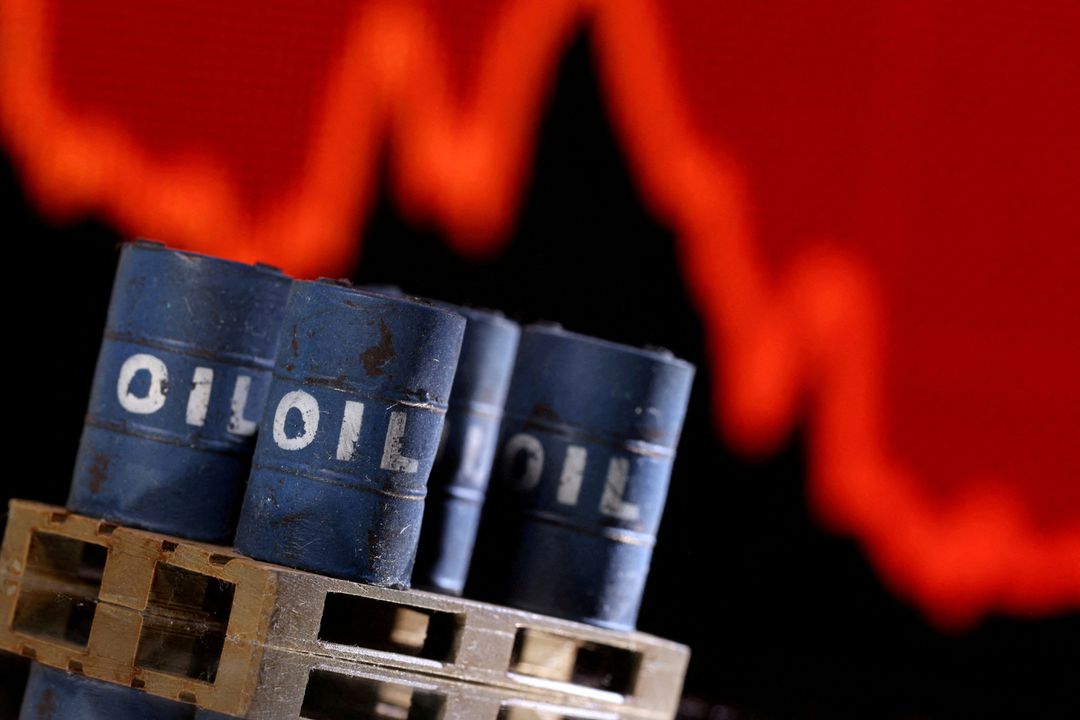The global price of oil could surge by 40 per cent to around $140 per barrel if a proposed price cap on Russian oil is not adopted, along with sanction exemptions that would allow shipments below that price, a senior US Treasury official said on Tuesday.
US Treasury Secretary Janet Yellen will discuss implementation of the US price cap proposal and global economic developments with Japanese Finance Minister Shunichi Suzuki when they meet later on Tuesday, the official said.
The goal was to set the price at a level that covered Russia’s marginal cost of production so Moscow is incentivized to continue exporting oil, but not high enough to allow it to fund its war against Ukraine, the official said.
Japanese officials had expressed concern about the price cap being set too low, but had not rejected a potential price range of $40 to $60 per barrel outright, the official said.
Yellen is using her first trip to the Indo-Pacific region as treasury secretary to build support for the proposed price cap on Russian oil and answer nagging questions about its efficacy if India, China and others now buying cheap Russian oil don’t participate.
The United States and other Group of Seven rich nations – Britain, Canada, Germany, France, Italy and Japan, along with the European Union – in June agreed to explore imposing the cap to reduce Moscow’s revenues and deplete its war chest, but details are still being worked out.
As the European Union prepares to impose a phased embargo on Russian oil and ban maritime insurance for any tanker that carries Russian oil, a move expected to be matched by Britain, Yellen sees the cap as a way to keep oil flowing and avert a further price spike that could lead to a recession.
‘PRICE EXCEPTION’
Washington has proposed a “price exception” that would rescind that ban on maritime insurance for orders below the agreed price to prevent millions of barrels a day of Russian oil production getting stuck due to a lack of insurance.
Treasury modelling showed that implementing the sanctions without the price exception could trigger significant increases in the price of crude oil, potentially sending it to around $140 per barrel from around $100 per barrel now, the Treasury official said.
However, there was some uncertainty about the estimates, particularly around the assumptions about the elasticity of demand for oil, the official added.
EU, British and US firms account for about 90 per cent of global oil shipping insurance and reinsurance, which would make it difficult for Russia to keep oil flowing once those sanctions took effect at the end of this year, the official said.
While some experts believe Russia, India and China could step in with sovereign insurance, Treasury officials did not share that view, the official said.







Click here to change your cookie preferences